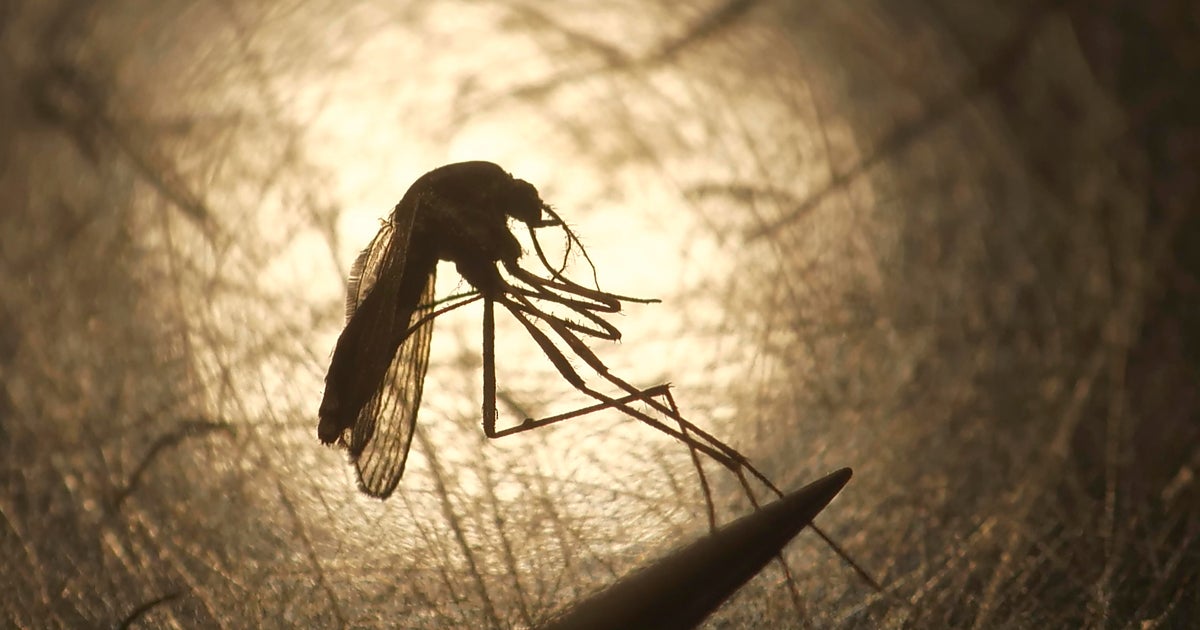More than a dozen mosquito samples on New York’s Long Island have tested positive for West Nile virus, health officials say.
The 14 positive samples, which were collected on July 16, were taken in Nesconset, Northport, Dix Hills, Melville, Lindenhurst, West Babylon, St. James, Rocky Point and Holtsville, Suffolk County Health Commissioner Dr. Gregson Pigott announced Monday.
To date, Suffolk has reported 15 mosquito samples testing positive for West Nile virus and four testing positive for Jamestown Canyon virus, Pigott said.
“Mosquito activity is picking up with the warmer weather and with it comes the risk of being exposed to West Nile virus,” Pigott said. “While there is no cause for alarm, we advise residents to take precautions and cooperate with us in our efforts to reduce exposure to mosquito-borne diseases.”
West Nile has also been detected in mosquitoes in New York City this year, as experts track a rise in cases nationwide. Suffolk did not report any human cases and neither did the city.
West Nile virus symptoms
West Nile virus has been detected in Suffolk County every year since 1999, when it first appeared, the county’s Department of Health Services said. There were 21 confirmed cases in 2024 and five in 2023. Two people in New Jersey died from the virus last year.
The virus is transmitted to humans when they are bitten by an infected mosquito.
“Most people infected with West Nile virus will experience mild or no symptoms, but some can develop severe symptoms, including high fever, headache, neck stiffness, stupor, disorientation, coma, tremors, convulsions, muscle weakness, vision loss, numbness, and paralysis. The symptoms may last several weeks, and neurological effects may be permanent. Individuals, especially those 50 years or older or those with compromised immune systems, are urged to take precautions to avoid being bitten by mosquitoes,” according to the county’s health department.
Suffolk’s health commissioner released these tips for preventing mosquito bites:
- Minimize outdoor activities between dusk and dawn.
- Wear shoes and socks, long pants, and long-sleeved shirts when mosquitoes are active.
- Use mosquito repellent, following label directions carefully.
- Make sure all windows and doors have screens, and that all screens are in good repair.
- Keep mosquitoes from laying eggs inside and outside of your home. Once a week, empty and scrub, turn over, cover, or throw out containers that hold water, such as vases, pet water bowls, flowerpot saucers, discarded tires, buckets, pool covers, birdbaths, trash cans and rain barrels.
